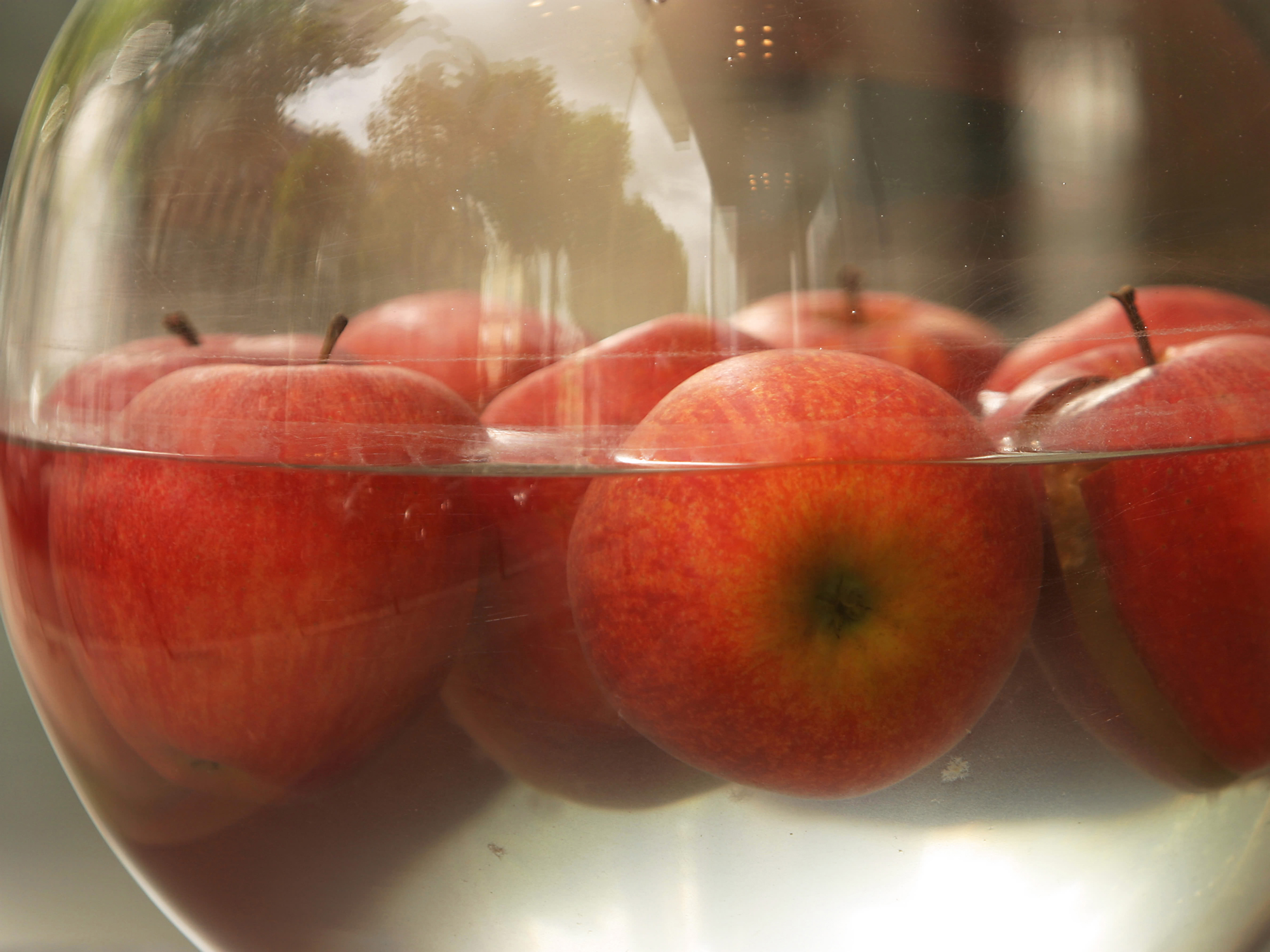Get Easy Health Digest™ in your inbox and don’t miss a thing when you subscribe today. Plus, get the free bonus report, Mother Nature’s Tips, Tricks and Remedies for Cholesterol, Blood Pressure & Blood Sugar as my way of saying welcome to the community!
Fruity trick fights blood sugar spikes

Diabetes is a disease where the body inefficiently produces or responds to insulin, causing issues with the way the body metabolizes carbohydrates. This results in high blood sugar.
Fortunately, type II diabetes is preventable and reversible, by controlling simple carbohydrate consumption (e.g., refined and processed breads, crackers, pasta, white sugar). And while a balanced diet should contain fresh fruit, until recently diabetics (and their physicians) have thought to avoid it thinking the sugars would negatively affect the diabetic condition.
But research points to the opposite effect, finding that consuming fresh fruit can reduce incidence of diabetes and diabetic vascular complications. Let’s have a look.
The fruit-diabetes study
The online journal PLOS Medicine, reported on a massive four-year and nearly-half-million subject nationwide China Kadoorie Biobank study looking at the effects of consuming fresh fruit on diabetes. For the study, researchers studied adults aged 30–79 from 10 different localities across China.
In this epidemiological study in Chinese adults, researchers found that those who consumed more fresh fruit also had “significantly lower risk of diabetes and, among diabetic individuals, lower risks of death and development of major vascular complications.”
The research findings
- Among individuals who were free of diabetes at the start of the study, daily consumption of fresh fruit was associated with a 12% lower relative risk of developing diabetes, compared to never or rarely consuming fresh fruit.
- Among individuals who had diabetes prior to the start of the study, consuming fresh fruit more than three days a week was associated with a 17% lower relative risk of dying from any cause and a 13%–28% lower risk of developing diabetes-related complications affecting large blood vessels (e.g., ischemic heart disease and stroke) and small blood vessels (i.e., kidney diseases, eye diseases, and neuropathy) than those who consumed fruit less than one day per week.
Low-glycemic fruit may be best
What is important in controlling for blood sugar issues generally, and especially diabetic control, is to keep the body from having blood sugar spikes. One way to do this is to refrain from consuming simple carbohydrates and from drinking fruit juice…
A pasteurized glass of juice bought at the supermarket, even if it’s organic, is too rich in sugar for anybody’s good. Plus, it’s had many of its beneficial compounds taken out — most importantly, the fiber.
The way to reduce the speed of how fast sugar enters the blood is to consume fiber with it. So while consuming whole fruit, you will of course still get the sugar — but since you are also getting its fiber you avoid the blood sugar spikes.
The glycemic index (GI) rate is a measure of how quickly carbohydrates affect blood sugar levels. You generally want to consume foods (especially fruits) that have a low glycemic score between 55-69. Consuming fruits with a lower score means the food takes longer for your blood sugar level to rise.
Because of their fiber content, whole fruit is best for diabetics, especially those with a low to moderate glycemic score.
10 low glycemic fruits for diabetes
- Cherries = GI of 20
- Grapefruit = GI of 25
- Dried Apricots = GI of 32
- Pears = GI of 38
- Apples = GI of 39
- Oranges = GI of 40
- Plums = GI of 40
- Strawberries = GI of 41 (most berries have a low glycemic score)
- Peaches = GI of 42
- Grapes = GI of 53
Conclusion
If you have diabetes or are at risk by being pre-diabetic, please eat more fresh fruit! The results of the China study, and suggestions to eat rather than drink your fruit, was also found true in a study led by Harvard School of Public Health (HSPH) researchers, who found:
“Eating more whole fruits, particularly blueberries, grapes, and apples, was significantly associated with a lower risk of type 2 diabetes, according to a new study led by Harvard School of Public Health (HSPH) researchers. Greater consumption of fruit juices was associated with a higher risk of type 2 diabetes.”
Editor’s note: Are you feeling unusually tired? You may think this is normal aging, but the problem could be your master hormone. When it’s not working, your risk of age-related diseases skyrockets. To reset what many call “the trigger for all disease” and live better, longer, click here to discover The Insulin Factor: How to Repair Your Body’s Master Controller and Conquer Chronic Disease!













